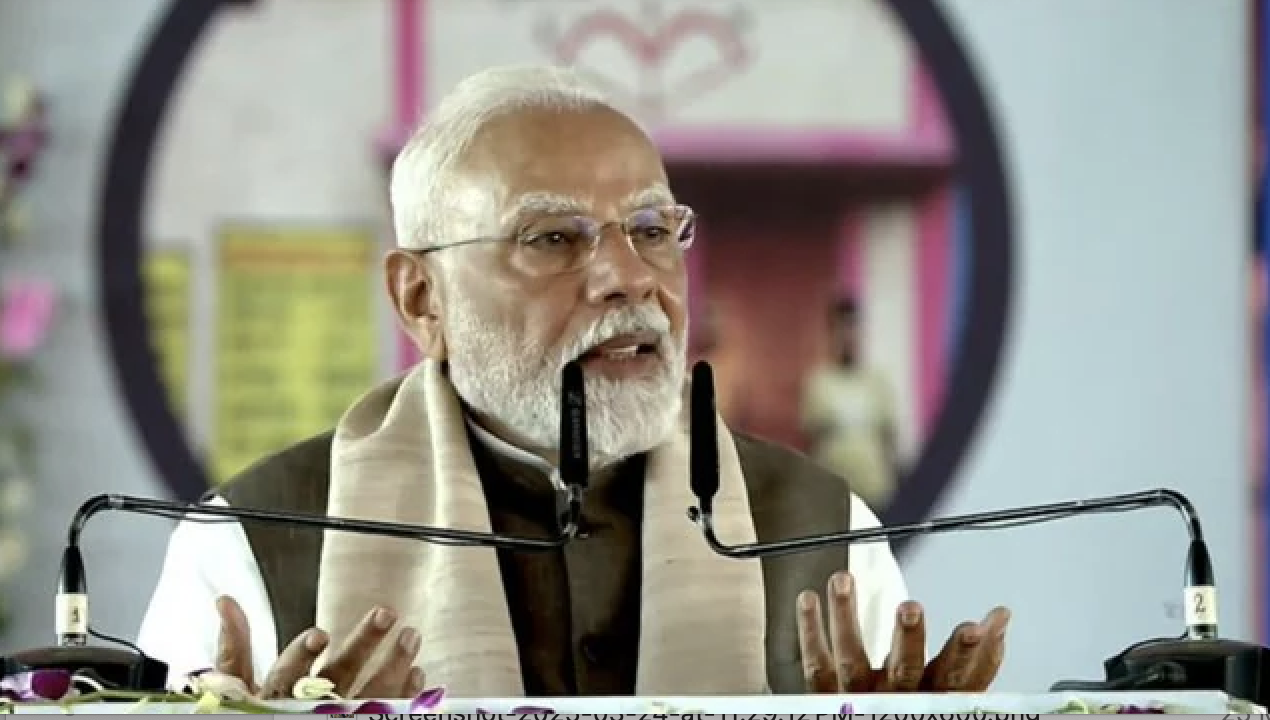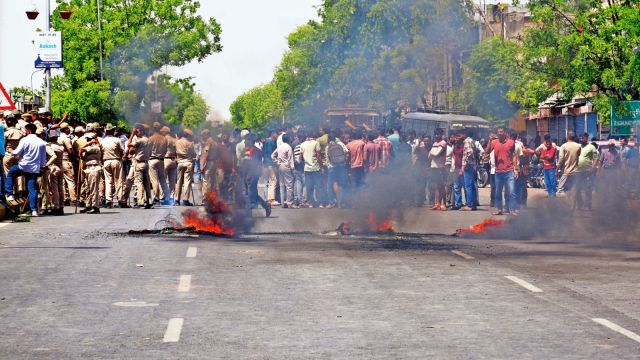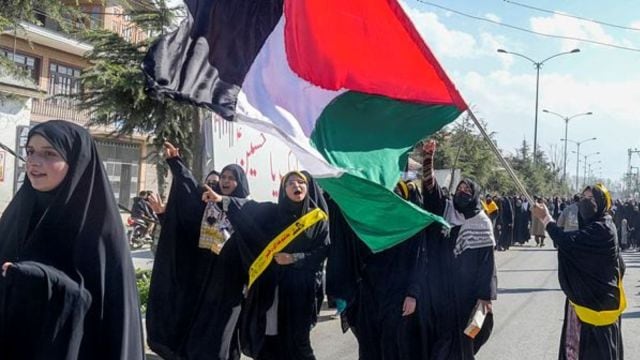According to the latest data from the Migration Policy Institute, 2.7 million Indian immigrants live in the United States, with thousands more coming into the country each year. These immigrants, as they enter their new home in the West, are not mere blank slates. Rather, they carry with them rich histories and cultures that interplay within the fabric of the diaspora. Contemporary political issues from their homeland find expression within the legal and political frameworks of the Western societies that they now inhabit.
Amongst these political issues is the endeavor to redefine India as a Hindu nation. Nationalist efforts have traveled far from the Indian mainland from which they originated, extending their influence into diasporic communities. This trend can be discerned through the emergence of a term that has become increasingly recognizable in the United States — “Hinduphobia.”
The working definition used by the Understanding Hinduphobia Initiative, an enterprise to increase public consciousness and discourse about Hinduphobia, describes the term as “a set of antagonistic, destructive, and derogatory attitudes and behaviors towards Sanatana Dharma (Hinduism) and Hindus that may manifest as prejudice, fear, or hatred.” This term has sparked controversy between various segments of the South Asian community in the U.S. State governments across America have presented resolutions condemning Hinduphobia. Politicians and activists who have proposed to add caste as a protected category have also been accused of Hinduphobia.
How valid are these accusations? Hinduism, as a non-Judeo-Christian religion, has historically faced suspicion within the American zeitgeist, resulting in discrimination against Hindus for their religious practices. However, more recently, the term “Hinduphobia” has been frequently employed by groups in the U.S. that have ideological roots in Indian, Hindu nationalist paramilitary organizations — organizations with specific political aims that extend beyond a simple social justice narrative.
The wrongful labeling of valid ideological criticism as Hinduphobia is ubiquitous. It is used to ward off criticism against India’s ruling Bharatiya Janata Party, to downplay the violence used against minority religious communities in India, and to stifle anti-caste discrimination bills that seek to reduce inequality. These instances, in which political advocacy has been demurred by critics as Hinduphobic, demonstrate the ways in which bad faith actors have blurred the line between legitimate political speech and actions discriminatory toward Hindus.
This story was originally published in harvardpolitics.com. Read the full story here






